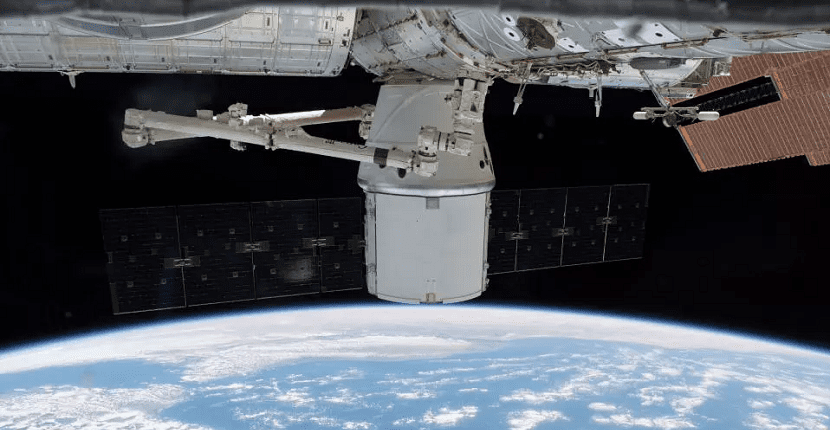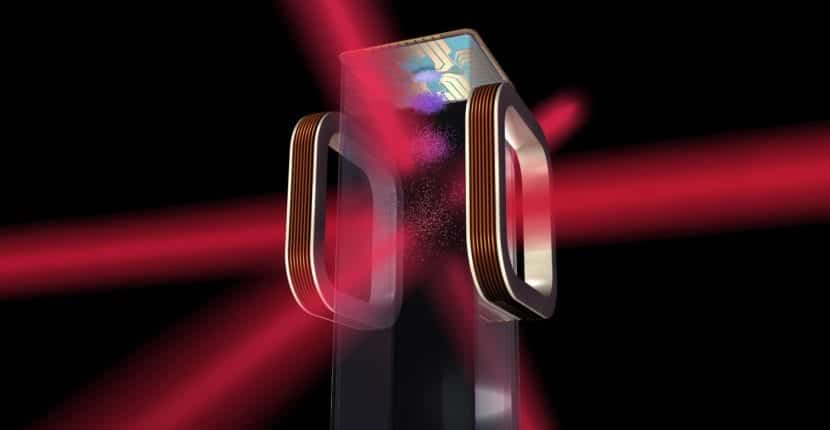
Today there are many projects that still have to be developed, and especially the tests that have to be carried out to ensure that human beings can understand why certain acts occur in the universe. To advance a little on this issue, especially if we want that within not too long a human being can travel to another planet, we must study the behavior of cells and even atoms.
The idea that was just launched by NASA to build what they themselves have called the Cold Atom Laboratory, one of the most ambitious projects carried out by the United States Space Agency itself and where, in its facilities, what the project leaders have baptized as the coldest point in the entire universe will be created, even where they will be carry out different tests, as you may be imagining, where temperature can become a crucial factor for the proper functioning of a space mission.

NASA will create the coldest spot in the entire known universe
Going into a little more detail, what NASA plans to achieve with the construction of this interesting laboratory, is the manufacture of a completely closed space where, in an artificial way, an enclosure can lower its temperature in a way never seen before . Hence, there is talk of creating the coldest point in the entire known universe, a point that it would be about 10.000 billion times colder than the vacuum of space, something that can become overwhelming for the human mind.
Once this space has been established and its tests show that its operation is correct, the engineers and researchers of the United States Space Agency will have a complete tool available where they can check how matter behaves in this type of environment since, According to the theory, when the Absolute zero, that is to say about 273 degrees below zero, the atoms that make up any type of material freeze.
At this point, it should be noted that the idea is not to be able to see how the atoms freeze and see them completely static, something that can also be interesting in itself, but get the temperature so low that they do not freeze but operate so slowly that researchers can observe some of the quantum phenomena that occur every day.

This new laboratory will be located on the International Space Station
In order to carry out this study, an installation of this type must be built since, on Earth and by current means, such a low temperature only holds as such for a fraction of a second, something that makes it very difficult for researchers to have enough time to be able to check and reproduce the dozens of quantum events that happen at a given moment during the interaction of the different particles.
At this point, there are many voices that have already commented that we are facing a project that may seem irrelevant Although, knowing what happens at such small levels can help us understand why certain things happen around us. Another point to take into account, since there are voices that remind us, is that one of the reasons why the International Space Station was created at the time was to carry out this type of experiments, hence this is the site chosen to install the new laboratory.
Undoubtedly, there is still a long way to go until we can see the Cold Atom Laboratory in production, in the meantime we will only have to wait a few years until the project devised by NASA takes shape and is sent into space. Let's hope that its walls will reveal several of those advances and inventions that finally they manage to have an impact on any of our daily lives.